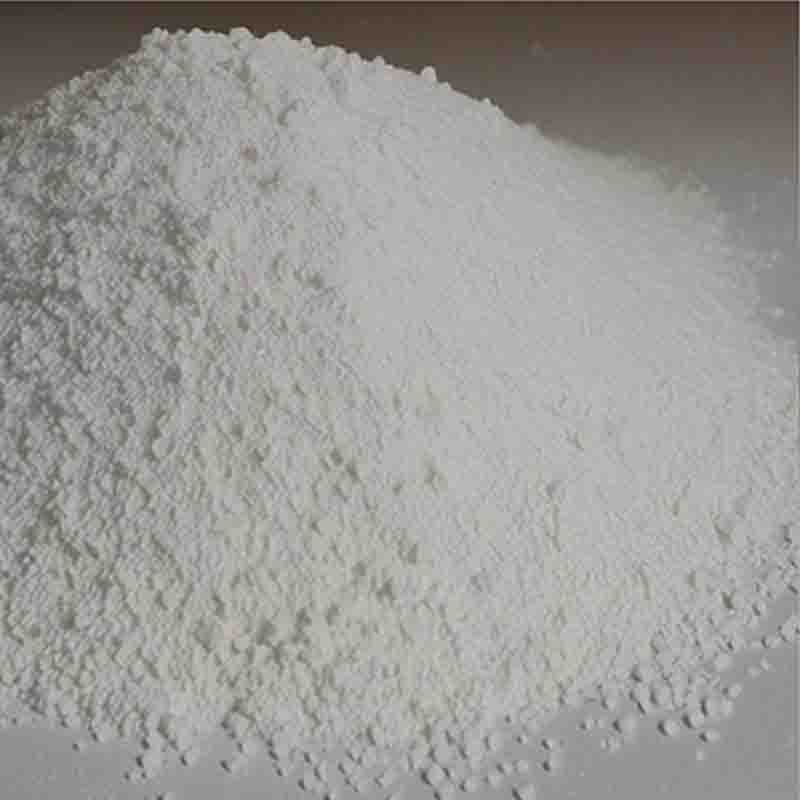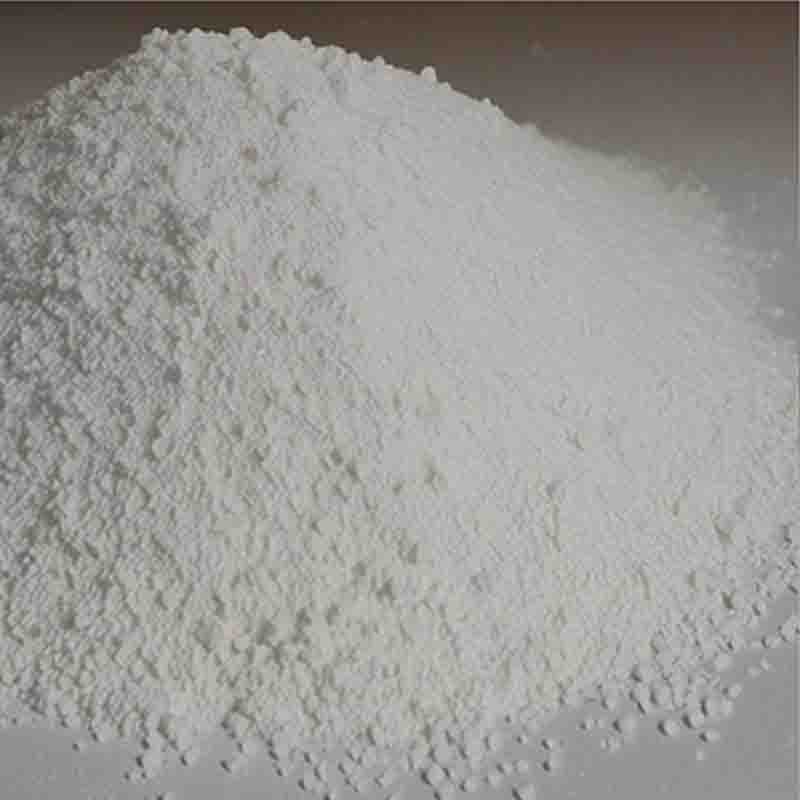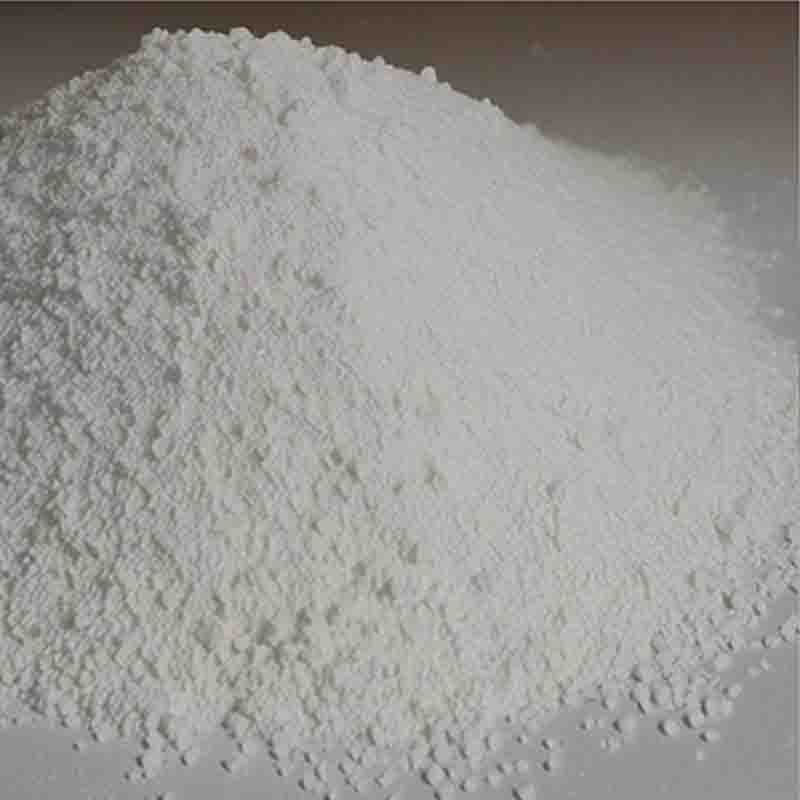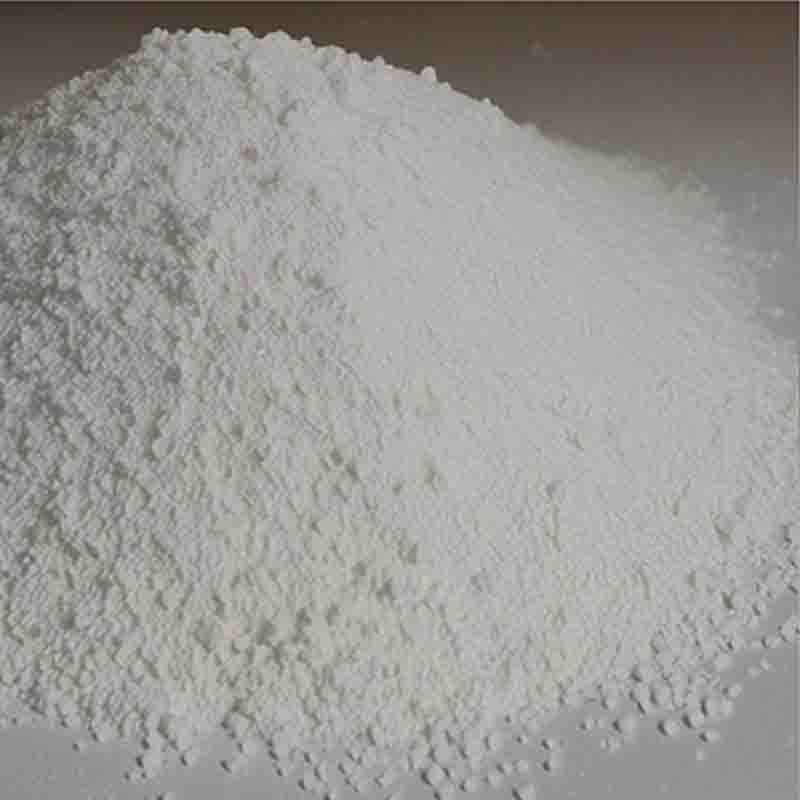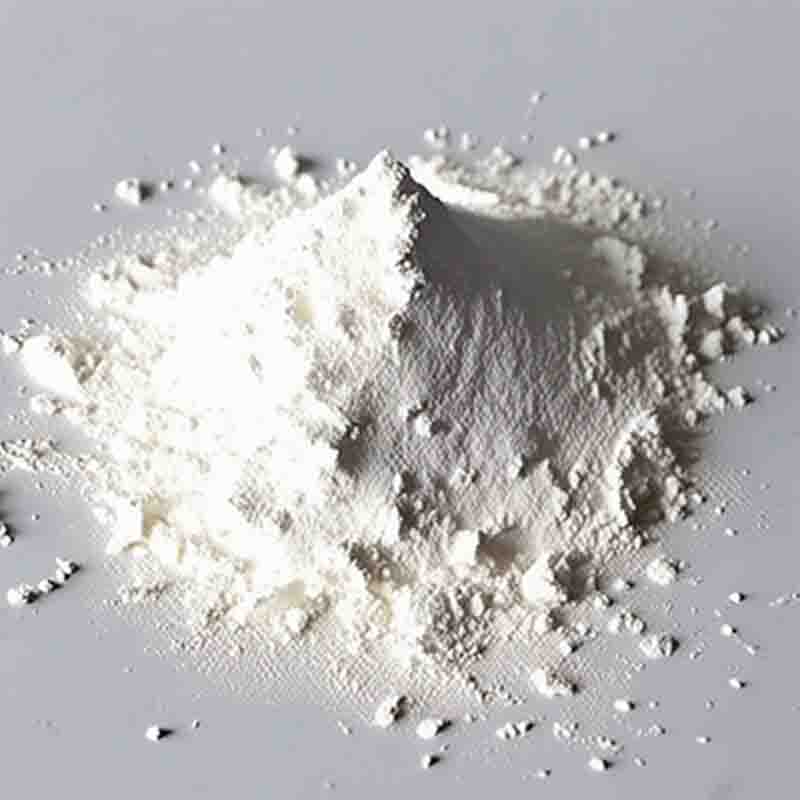1,1μ-Bis(di-cyclohexylphosphino)ferrocene palladium dichloride CAS: 917511-90-1
| Catalog Number | XD94426 |
| Product Name | 1,1μ-Bis(di-cyclohexylphosphino)ferrocene palladium dichloride |
| CAS | 917511-90-1 |
| Molecular Formula | 2C17H26P.Cl2Pd.Fe |
| Molecular Weight | 755.904 |
| Storage Details | Ambient |
Product Specification
| Appearance | White powder |
| Assay | 99% min |
1,1μ-Bis(di-cyclohexylphosphino)ferrocene palladium dichloride, commonly known as DPPF-PdCl2, is a coordination compound that serves as a versatile catalyst in various chemical reactions. It consists of a palladium center coordinated with two chloride ions and two di-cyclohexylphosphinoferrocene ligands.DPPF-PdCl2 has found significant applications in transition metal-catalyzed cross-coupling reactions, particularly in the Suzuki-Miyaura reaction. This reaction involves the coupling of an aryl or vinyl boronic acid with an aryl or vinyl halide, resulting in the formation of a carbon-carbon bond. DPPF-PdCl2 acts as a highly efficient catalyst, promoting this coupling reaction through oxidative addition, transmetallation, and reductive elimination steps. The use of DPPF-PdCl2 in the Suzuki-Miyaura reaction enables the synthesis of complex organic molecules, such as pharmaceuticals, agrochemicals, and materials used in electronics.In addition to the Suzuki-Miyaura reaction, DPPF-PdCl2 is also employed in other important cross-coupling reactions, including the Heck reaction, Sonogashira reaction, and Stille reaction. These reactions involve the coupling of different carbon-based substrates, such as aryl halides or vinyl halides, with suitable nucleophiles, resulting in the formation of carbon-carbon bonds. DPPF-PdCl2 exhibits excellent reactivity and selectivity in these transformations, enabling the synthesis of a wide range of organic compounds with diverse functional groups and structural motifs.Furthermore, DPPF-PdCl2 has been utilized in other catalytic processes, such as carbon-heteroatom bond formation. It can catalyze the amination, hydroamination, and arylation of various substrates, allowing for the synthesis of valuable nitrogen-containing compounds.DPPF-PdCl2 also demonstrates utility in the field of asymmetric catalysis. By incorporating chiral ligands into the catalyst system, enantioselective cross-coupling reactions can be achieved, enabling the synthesis of enantiopure molecules. This has applications in the pharmaceutical and fine chemical industries, where the chirality of molecules often influences their biological activity and properties.Overall, 1,1μ-Bis(di-cyclohexylphosphino)ferrocene palladium dichloride (DPPF-PdCl2) is an important catalyst in various transition metal-catalyzed reactions. Its primary applications lie in cross-coupling reactions, such as the Suzuki-Miyaura reaction, Heck reaction, Sonogashira reaction, and Stille reaction. It also finds use in carbon-heteroatom bond formation and asymmetric catalysis. The versatility and efficiency of DPPF-PdCl2 make it a valuable tool in organic synthesis, enabling the efficient and selective formation of carbon-carbon and carbon-heteroatom bonds in the construction of complex organic molecules.


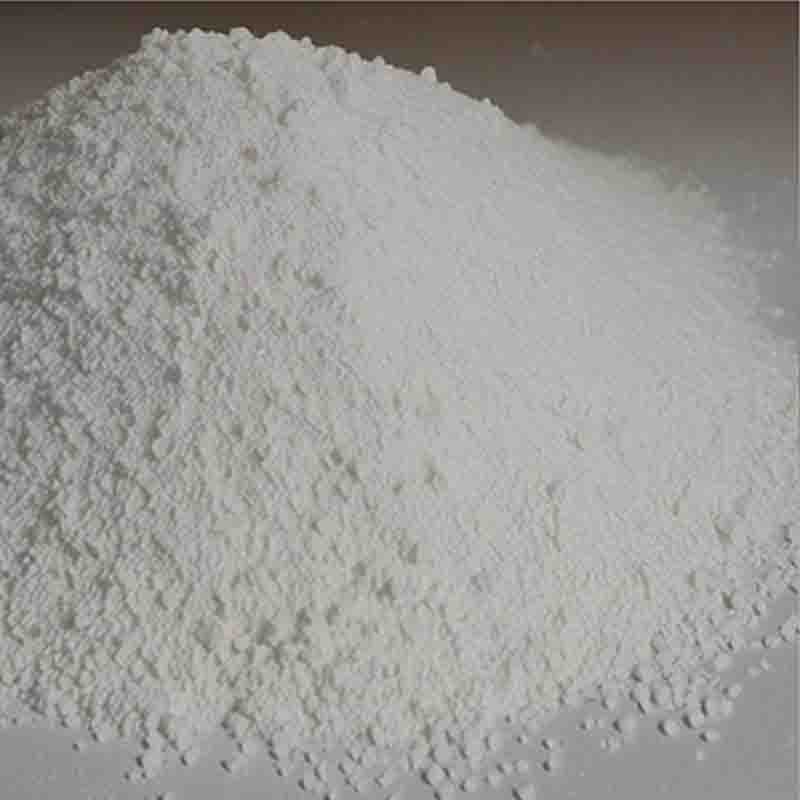

![2-({(5S)-2-oxo-3-[4-(3-oxomorpholin-4-yl)phenyl]-1,3-oxazolidin-5-yl}methyl)-1H-isoindole-1,3(2H)-dione CAS: 446292-08-6](https://cdn.globalso.com/xdbiochems/白色粉末1044.jpg)
